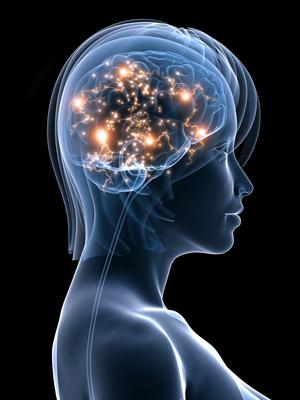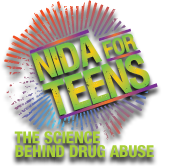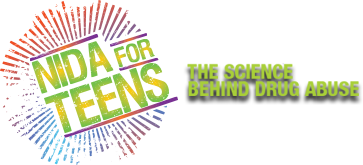
Why do adults seem to blame “raging hormones” for many things teens do? Beyond causing acne and a sudden interest in dating, are hormones responsible for changes in behavior or emotional response?
The answer is yes. The hormones that change around puberty—starting between age 8 and 14—and last until the early 20s when adolescence ends may affect you in more ways than you realize.
NIDA defines a “hormone” as “a chemical substance formed in glands in the body and carried in the blood to organs and tissues, where it influences function, structure, and behavior.”
In preteen and teen years, many new chemicals move around inside your body, transforming you from a child to a teen to an adult.
Growing on the Outside: What’s Happening on the Inside?
During puberty, your brain releases various hormones that help your body to mature by producing testosterone (in boys) and estrogen (in girls). Resulting changes can go beyond physical development to include emotional and mood changes—although some researchers think mood swings may relate more to changes in the teen brain than to hormonal spurts.
Other important hormones also come into play in the teen years. Melatonin is a hormone that helps your body regulate sleep cycles by making you feel sleepy after the sun goes down. Melatonin levels in adolescents don’t start to rise until about 10:30 p.m., which might explain why many teens want to stay up late despite their parents’ wishes. Research shows that for adolescents, melatonin levels remain high, even after they wake up, which is why teens may feel sleepy in the morning.
Our bodies also release something called “stress hormones,” such as cortisol. The stress hormone cortisol governs how well someone responds to or recovers from stressful experiences. Increased stresses in adolescence can cause cortisol levels to rise, which can affect teens’ ability to function calmly and reasonably.
So, while teen bodies are a bundle of changes, the good news is that eventually your body adjusts, and the “raging” hormones calm down as you move into adulthood.





Comments
Thank you, really a nice article
[commercial link removed, per guidelines]
thank for the infomation! it is good to know that drugs can mess with a part of growing up i hope when people read this they realize how drugs mess with the body and growing up. thank you :)
Add new comment